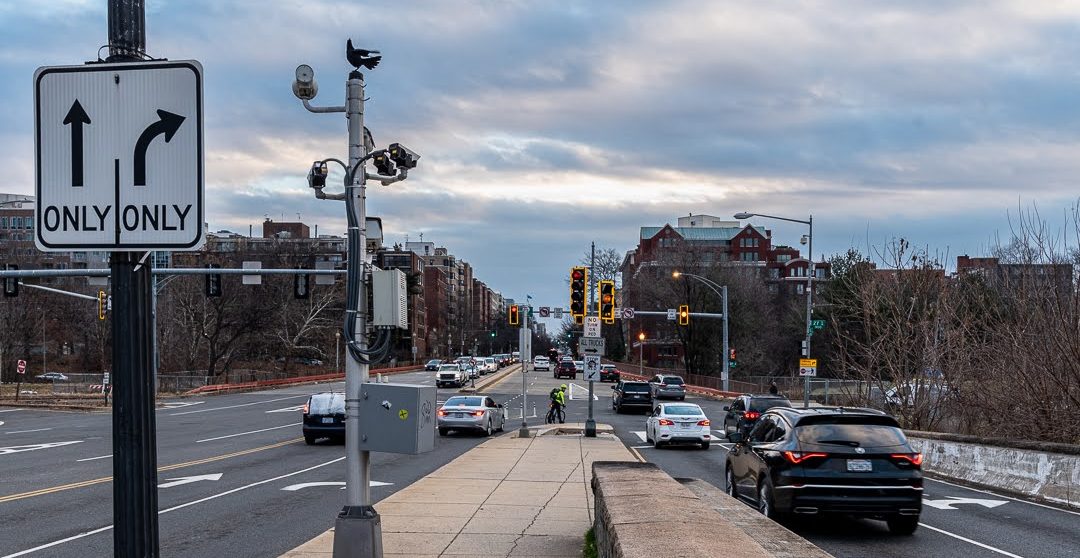Congress returns from a monthlong recess -- oh sorry, "district work period" -- next Wednesday. Before September 30, they'll have to figure out next steps for keeping the transportation program going, assuming there's no way that the two chambers will come to an agreement about a long-term bill before the current extension expires. Both houses are reportedly now on board to pass an extension of the current transportation law, but many questions remain.

Congress will also have to dodge expected Tea Party assaults on what should be a routine extension of the federal gas tax. And as if that weren't enough, members have to concern themselves with the small detail of the federal budget: The 2011 fiscal year ends September 30 too. And passing new budgets hasn't been an easy -- or timely -- task of late.
To add a sort of slapstick hilarity to the urgency of addressing these three major issues before the end of the month, Congress is taking off for another district work period September 23, making that the effective deadline for all of these actions. That gives members 11 work days to solve all of these problems (given that Congress is rarely in session on Mondays).
Considering the fact that the country didn't have a 2011 budget until halfway through the fiscal year, we can assume no one on the Hill is sweating too hard about the September deadline, but missing it won't be as easy as it used to be. Where Congress used to pass "clean" extensions of old budgets and policies when they were late in coming up with new ones, the House lately has been insisting on spending cuts even just to pass an extension. Note that an extension is what you do when you can't agree on things like, for example, spending cuts. So waiting till the last minute to even talk about an extension of the federal budget is risky business these days.
That goes for transportation too. According to the Transport Topics Publishing Group, House Transportation Committee Chair John Mica has now said that he will support an extension to the current transportation authorization. Up until now, he had stayed focused on the passage of a six-year bill, declining to talk about interim options. But Transport Topics quoted committee spokesperson Justin Harclerode saying that while the committee continues to work on a long-term reauthorization, "it will also support an extension of expiring authority as necessary.” Senate leaders are reportedly willing to pass a six-month extension of SAFETEA-LU to keep the transportation program rolling, though Environment and Public Works Committee aides won't confirm the length of the extension they're seeking.
The chambers will need time to hammer out some sort of agreement on their competing versions of the reauthorization: a two-year bill at current funding levels (plus inflation) from the Senate, with money for bicycle and pedestrian projects, or a six-year bill from the House which cuts funding across the board by about a third and dedicates no money for active transportation.
But how much time? A six month extension would just kick the can further into the realm of the presidential election season. Passing an infrastructure bill used to be the sort of popular thing you could do at any point to gain support, but any kind of spending bill these days is a political minefield on Capitol Hill, and many members on both sides would rather have it over with well before the next election.
The other major question is whether Republicans will try to extract concessions in exchange for a transportation extension, the way they did with the federal budget extensions last spring. In the case that they try to demand spending cuts, even a temporary extension will become a fight.
Streetsblog has requested more information from aides in both houses, but most likely the path forward won't start becoming clear until Congress gets back next week.





